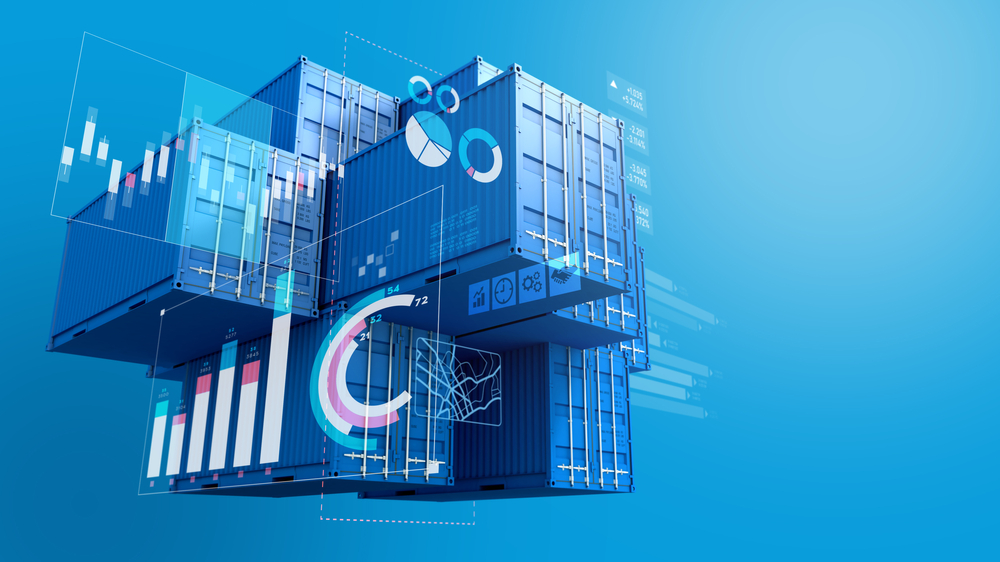
Freight data is invaluable in the modern era. It’s necessary for decision-making at every phase of operations, and it provides the insights necessary to ensure continuous efficiency. But data is only as valuable as it is accurate, and for many shippers, data accuracy can be a challenge.
Incorrect data can do as much harm as current, correct data can help. Companies need to practice data cleansing, including the sanitization and maintenance of aggregate data. Confidence in your data yields confidence in the insights it offers, which leads to certainty in operations.
Best Practices for Data Cleansing
Good data results in trustworthy insights. To ensure the accuracy, timeliness, and efficacy of freight data, follow these essential sanitization steps:
- Practice routine audits: Remember data is constantly in flux and evolving. Auditing is the simplest way to spot-check data to ensure it is timely and accurate.
- Automate aggregation: Manual data entry is rife with opportunities for mistakes – just consider the entire process of freight audit! Automate aggregation wherever possible.
- Maintain a golden record: A golden record is a master record that serves as the de facto source of truth for all systems pulling data. Simply put: Rely on one source of data.
- Standardize formatting: Have a uniform way of recording data and stick to it, so there’s no confusion or variation across aggregated data points of the same nature.
- Scrub data: Establish rules and standards for how to identify errors and remediate (or remove) them.
- Partner with professionals: Find an established partner with experience automating freight audit and payment activity for any transportation provider – regardless of location or invoice format.
Advantages of Data Cleansing
- Increased Efficiency: Order processing, routing, and scheduling are all made possible by clean data. By getting rid of unnecessary data, you can improve your supply chain management.
- Cost reduction: Precise data helps save on expensive errors such as rerouting, misplaced shipments, or fines for noncompliance.
- Increased Accuracy: Accurate data guarantees that the details of customers, products, and addresses used in freight shipping operations are correct.
- Analyzing data: Meaningful data analysis requires clean data. Shippers are able to recognize patterns, obtain insights into their operations, and make wise decisions.
- Competitive Advantage: In a fiercely competitive market, freight carriers can obtain an edge by keeping their data clean and applying it wisely. They are able to draw in and keep clients by providing more dependable and effective services.
Data Cleansing is the Path to Data Integrity
Data cleansing is the practice of bringing together disparate data and sanitizing it. It’s the process of organizing, validating, purging, and formatting data into a clean record that’s easily deployed across various operational applications. Clean data is error-free, current, accurate, and well-formatted for use.
Clean data is incredibly important in cases of aggregation, where multiple data streams come together. It is important to remove duplicate data, incorrect entries, outdated variables, and anything else that could skew the relevance or validity of the data.
Bottom line: Working with well-kept data means being able to trust the insights it delivers. When it comes to freight data and transportation providers, data integrity is paramount.
There’s a Wealth of Freight Data to Consider
Data cleansing is more valuable when it becomes apparent just how often decisions rely on freight data. Having a master record that’s impeccably maintained paves the way to smarter decision-making on the back of powerful insights.
Take something as simple as transportation provider selection. The spot price for provider A is lower than that of provider B; however, provider A has higher fees for accessorials, while provider B has lower rates for off-peak shipping. Pulling this data from a clean record allows for better comparison and can help shippers make a decision that’s conducive to not just cost and budget but also logistical convenience.
Beyond transportation provider selection, sanitized freight data yields prolific insights. From simplifying freight audits and payments to more agile routing to proactive service-level agreement (SLA) management, well-maintained freight data holds the key to supply chain optimization beyond surface-level cost-benefit analysis.
How Often Should You Clean Your Data?
Every company retains data at a different level. The frequency at which you should clean your freight shipper data depends on various factors. Most IT experts agree that how quickly you gather data or process computer data will have a big impact on how frequently you need to wipe your data.
Several criteria determine how often you should clean your freight shipper data.
- Regulations and Compliance with Data Quality
- Business Objectives
- Sources of Data
- Seasonal Differences
The sheer responsibility and complexity of proper data management can feel overwhelming, especially for smaller companies. Looking for the simplest way to ensure clean data? Work with a proven freight audit and payment company that employs data-first practices and understands the importance of infallible data at the root of insights and decision-making.